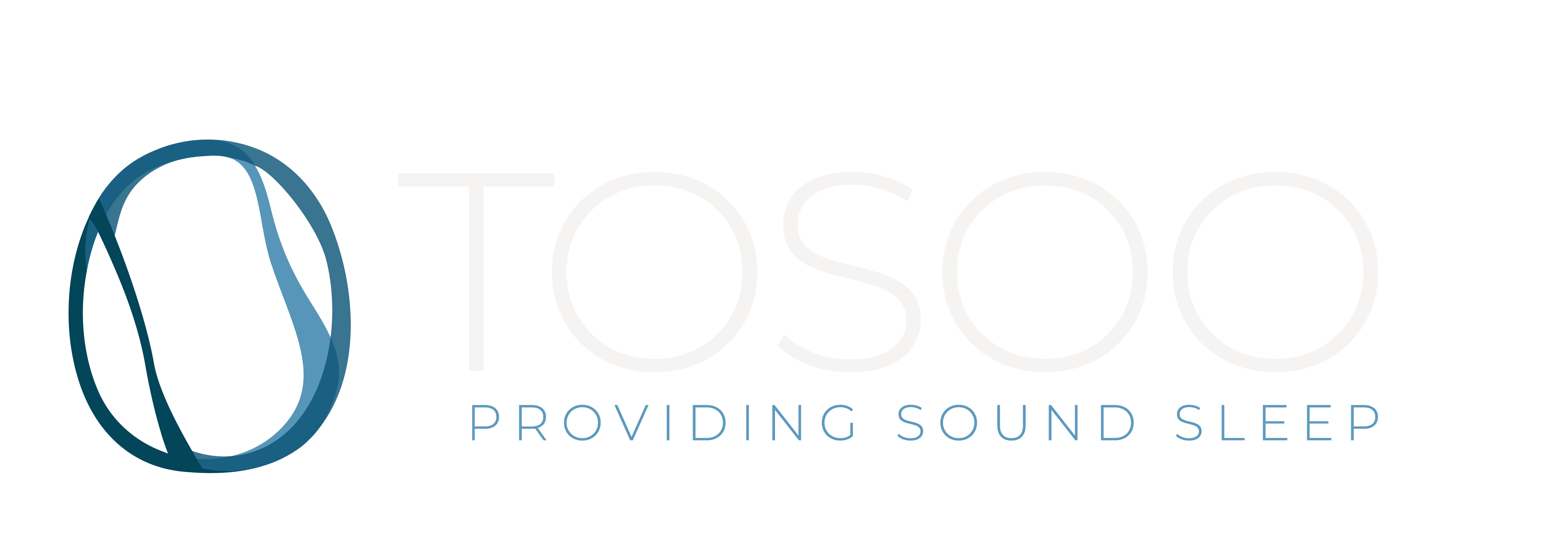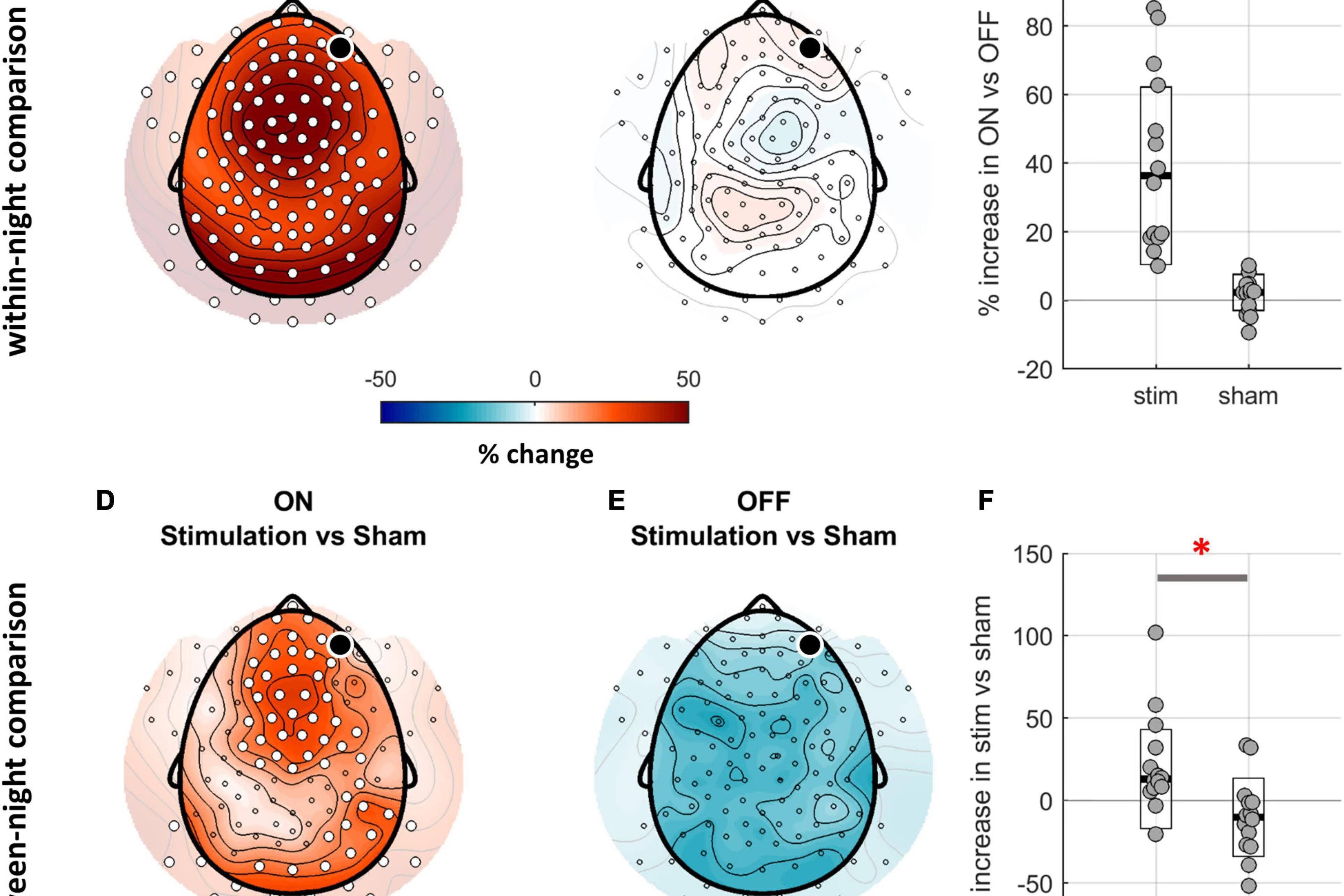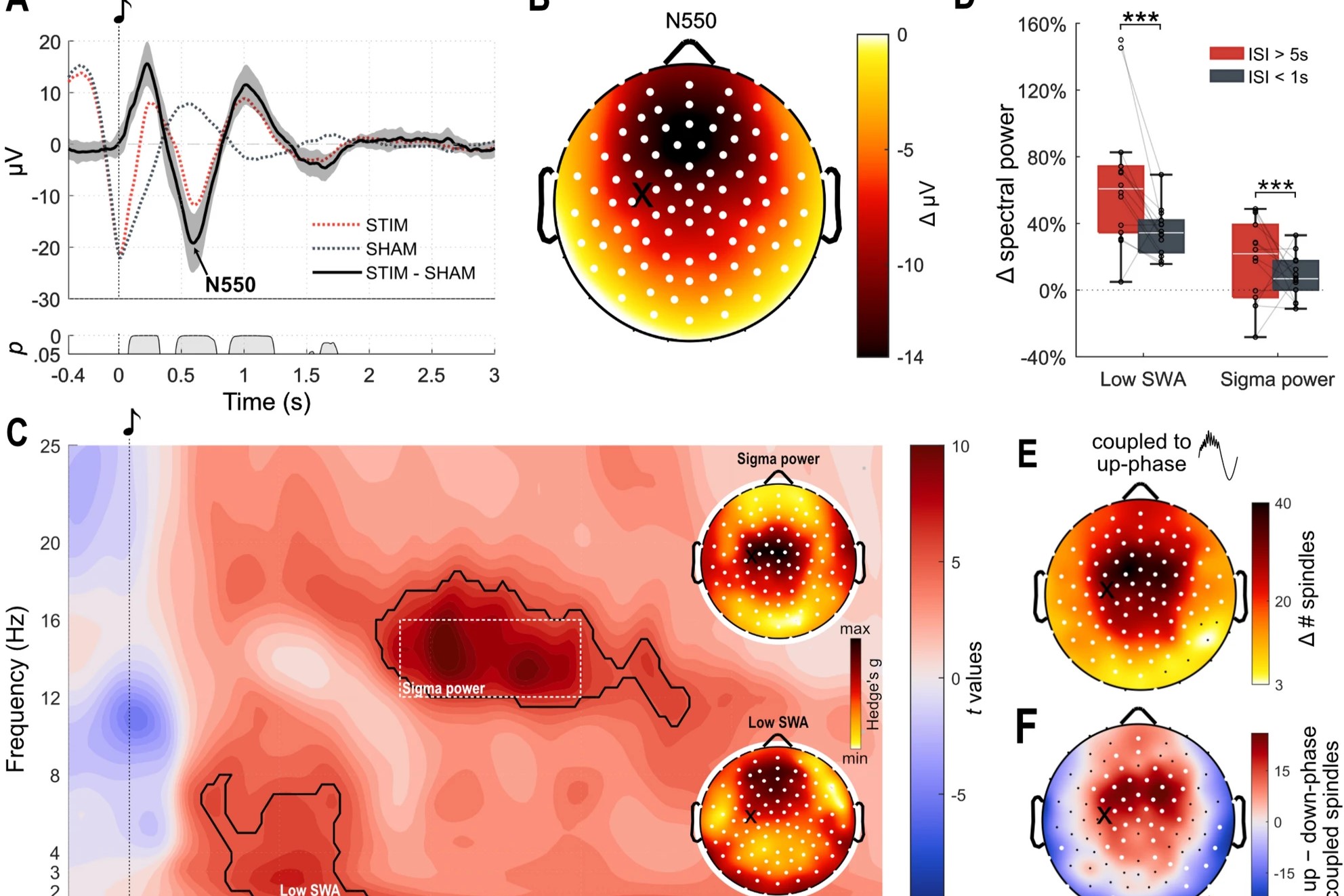Sleep
7 of the 15 leading causes of death are linked to poor sleep
Bad sleep significantly increases your risk of heart disease, diabetes, weakens immunity, accelerates cognitive decline, and is related to other chronic illnesses.
Without enough deep sleep, your heart, metabolism, immune system, and memory all suffer. Prioritizing those slow-wave sleep stages is one of the best - but often underappreciated - measures for lasting well-being and health.
What Is Sleep
Contrary to how it may seem, the brain doesn’t shut down during sleep. Instead, it cycles through well-organized stages, each defined by unique electrical patterns with high brain activity. These patterns can be precisely measured using electroencephalography (EEG), the gold standard for sleep analysis. Understanding these stages is key to unlocking better sleep.
A full night of sleep follows a repeating cycle of distinct stages
We typically go through four to six sleep cycles during a night of sleep, alternating between non-rapid eye movement (NREM) and rapid-eye movement (REM) sleep.
NREM sleep includes three stages:
N1
The lightest stage, marking the transition from wakefulness.
N2
Characterized by sleep spindles and K-complexes.
N3
Slow-wave sleep, where the most restorative processes take place.
REM sleep:
REM constitutes a highly active stage where most dreaming occurs. Brain activity resembles wakefulness, and this phase plays a crucial role in emotional processing, learning, and memory consolidation.
The Importance of Deep Sleep
The most restorative sleep phase is also the most fragile
Stage N3 is marked by large, slow brainwaves and is critical for physical and cognitive recovery. During this stage, the brain consolidates memories, removes toxins, and the body repairs itself at the cellular level. Growth hormone is released, inflammation is reduced, and the immune system is strengthened. Yet, as we age or undergo stress, this vital phase tends to decline significantly.



Can We Improve Deep Sleep?
Research shows our device can enhance deep sleep
Studies using our cutting-edge technology demonstrated that deep sleep can be enhanced through closed-loop auditory stimulation (CLAS). Using EEG, brainwaves are monitored in real time. When the brain enters deep sleep, soft auditory tones are played at precisely the right moment to amplify slow wave oscillations - with a wide array of clinically proven health benefits.






